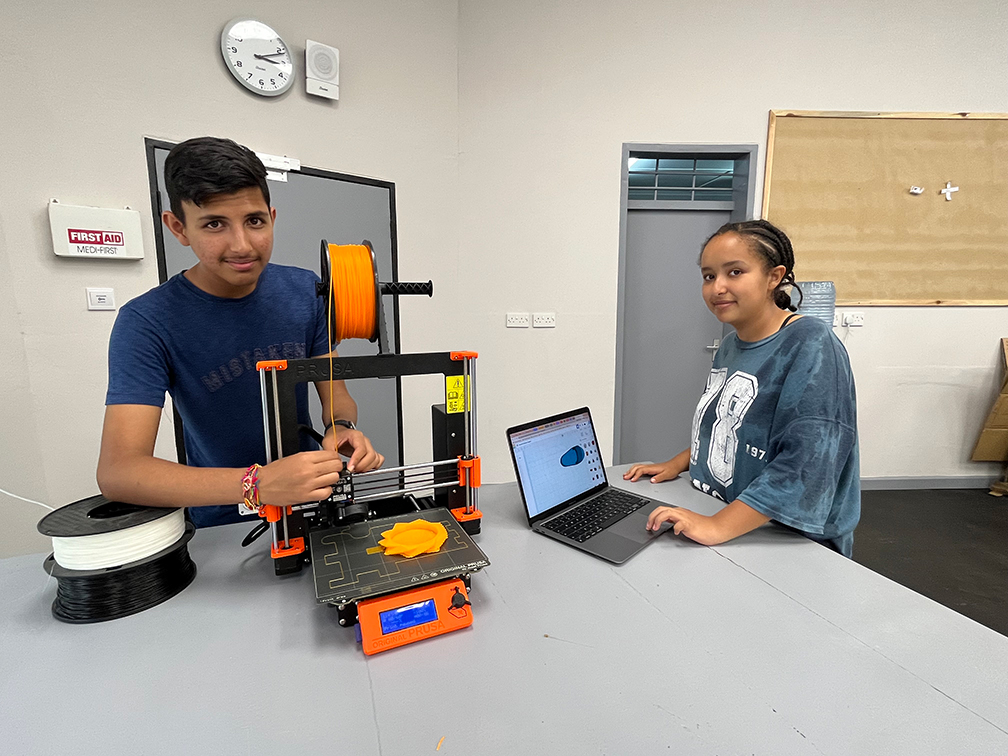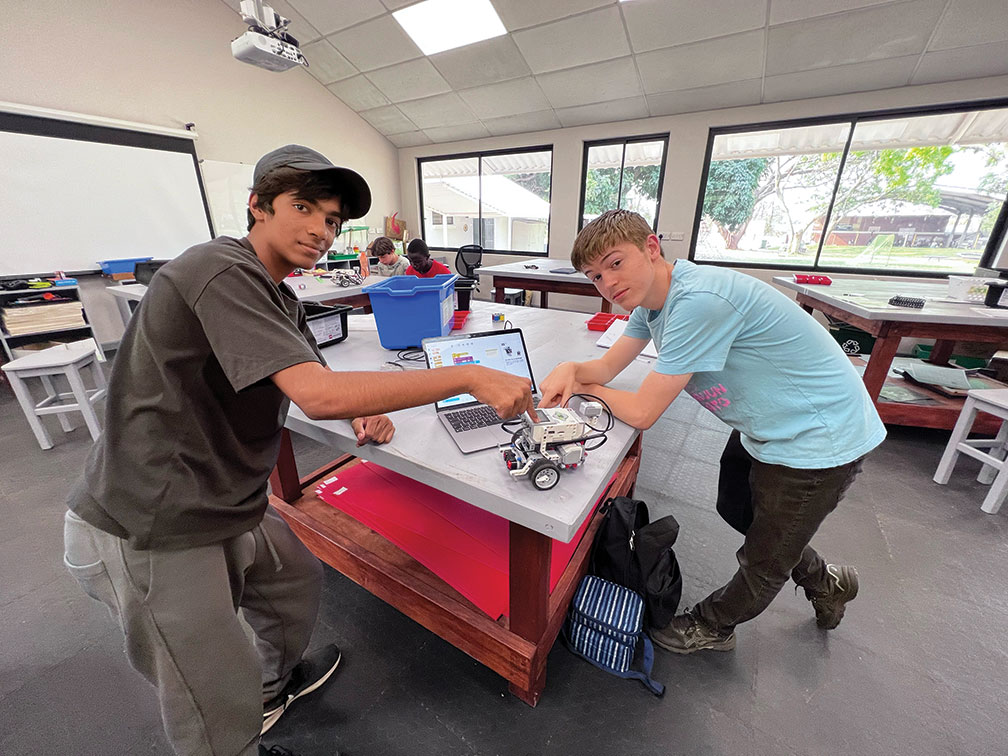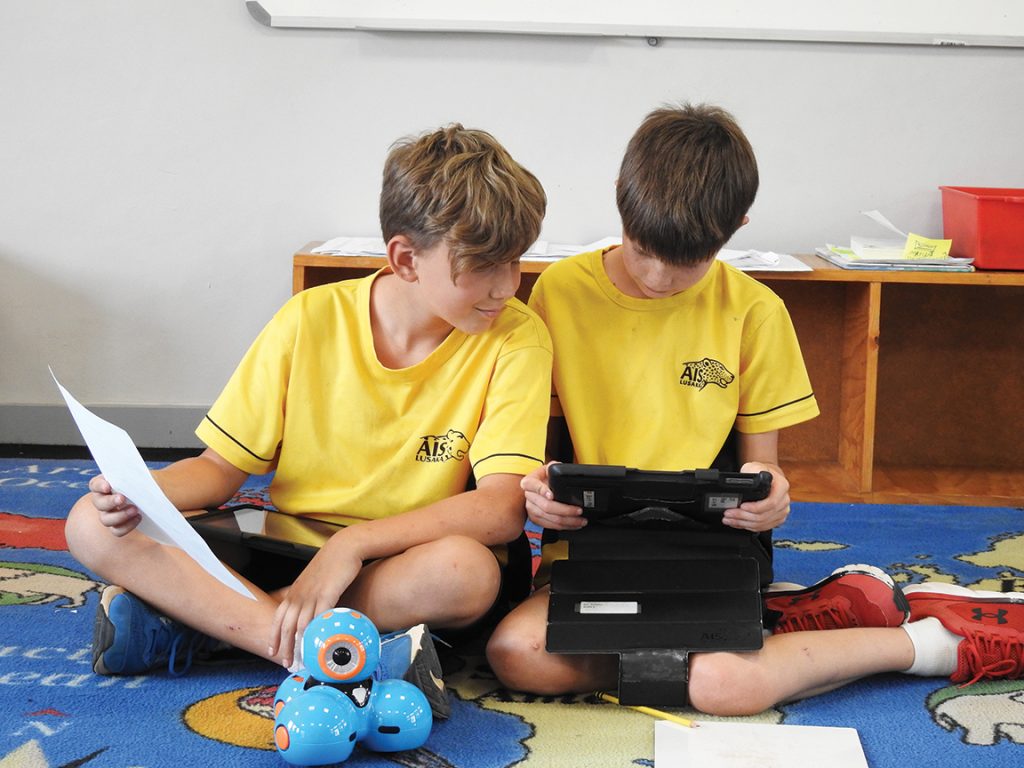Full STEAM AHEAD:
The Importance of Design Learning Through STEAM in Schools
In November 2022, the launch of the language-based chatbot Chat GPT sent ripples through the educational landscape. It was yet another wake-up call that traditional 19th-century education models were no longer adequate to prepare our students for the ever-accelerating pace of change in today’s globalised world, with its increasingly sophisticated technologies. The looming question was: how can educators adapt to this new reality?
The response was evident for the American International School of Lusaka: embrace the transformative potential of new technologies. As an International Baccalaureate (IB) school, the school already boasts an established design program, and we recognised the opportunity to further integrate and expand design technology through STEAM to benefit all our students.

STEAM Education encompasses Science, Technology, Engineering, Arts, and Mathematics equips students with the essential skills and knowledge required in today’s rapidly evolving world. It prepares them for jobs yet to be created and fosters cross-cultural understanding. At the heart of STEAM lie critical problem-solving skills that foster inquiry, critical thinking, and creativity. These skills promote cognitive development, enhancing students’ capacity to think analytically and adapt effectively. These skills are vital for addressing pressing global challenges, including climate change, sustainable development, clean energy, and global healthcare, all of which demand interdisciplinary solutions.
The significance of this shift cannot be over-emphasised. We were well aware of the task at hand. The next challenge was determining the best approach to tackle it.
With the unwavering support of our School Board, we embarked on the extensive enhancement of our internal and external design spaces to facilitate experiential learning. We prioritised acquiring age-appropriate technological tools, some of which were deemed impossible just a few years ago.

For young learners, these tools include Beebots, Spheros, and Dash Robots, a range of robots to teach computational thinking and coding; Osmos, which aids in interactive learning with technology; and Makey Makey’s, a programme for electronic inventions. Additionally, our enhancements include a podcasting studio, 3D printer, and maker-space materials for creation with electricity, magnetism, sound, and light. Primary students can anticipate immersive learning experiences aided by virtual and augmented reality technologies.
To benefit older students, the school has invested in updated laser cutters, 3D printers, and, more recently, the introduction of virtual reality headsets to enhance learning and help students explore innovative solutions to real-world challenges. Students now have the opportunity to hone their programming skills and delve into the world of app development using Javascript, as well as mastering the art of web page design with HTML (HyperText Markup Language) and CCS (Cascading Style Sheets). This is all made possible through our partnership with Code.org, an invaluable online resource for our students.
We continue to push the boundaries of innovation and learning through cutting-edge technology in our co-curricular activities. Students continue diving into the world of robotics, harnessing the power of VEX Robotics and Lego Mindstorms hardware to prepare for the prestigious KISS Institute of Practical Robotics: Bot Ball competition. This year, we are honored to host seven other international schools at the ISSEA (International Schools of South East Africa) STEAM event, where our students will showcase their robotics prowess.

Finally, as we relaunch our design programme this year, emphasizing STEAM and design thinking, we do so with excitement and optimism. Students are equipped with the skills and knowledge they need to thrive in a globalized world and tackle its complex issues. Through fully equipped design, students will benefit from experimenting with new tools and collaborating on projects that will give them the skills required in today’s workplace and tomorrow’s. As we always reiterate, we risk moving backward if we do not move forward. Thus, our journey continues as we strategically develop our campus to meet the evolving needs of our students, with the overarching goal of actively participating in making the world a better place.
Dr. Oli Tooher Hancock,
Director of the American International School of Lusaka, Zambia
Contact Details:
+260978772600



